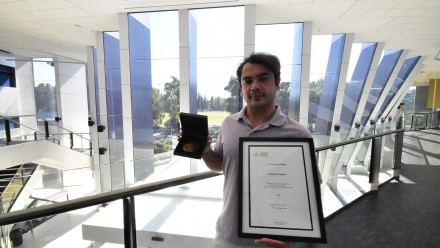About
The Division of Immunology and Infectious Diseases provides an advanced research and training environment with a critical mass of interdisciplinary expertise and infrastructure focussing on the following problems:
- mechanisms of immune-mediated pathology, particularly autoimmune diseases such as lupus and diabetes, allergic diseases such as asthma, hyper-IgE syndromes and dermatitis, and viral 'cytokine storms'
- mechanisms of immunity to infection, the longevity of immunity and immunological memory, and immunodeficiency syndromes
- mechanisms of leukocyte differentiation, trafficking, and growth control that are pertinent to cancer, immunological tolerance, autoimmunity, allergy and immunodeficiency.
Most immune-mediated diseases currently fall into broad clusters and are managed with relatively non-specific therapies. Our Department is uniquely placed to resolve in fine detail the heterogeneous genetic and cellular basis of disease phenotypes. The recently established Centre for Personalised Immunology (CPI), combines clinical and laboratory expertise to tackle autoimmune, inflammatory, and immune deficiency diseases. Starting from a genetic discovery platform and continuing with human genetic repositories, infrastructure for sophisticated genetic, biochemical and cellular analysis and a network of national and international collaborators, the CPI aims to understand precisely how the immune system goes wrong in each individual patient to cause disease. 'Deconstructing' current concepts of immune diseases via a better understanding of the causal pathways is key to more accurate diagnoses and more targeted and personalised therapy.
Our research is supported by the NHMRC, ARC, Ramaciotti Foundation, Juvenile Diabetes Research Foundation, The Wellcome Trust, and NIAID of The National Institutes of Health.
The Division of Immunology and Infectious Diseases is headed by Professor Ian Cockburn who also lead the Malaria Immunology Group.











